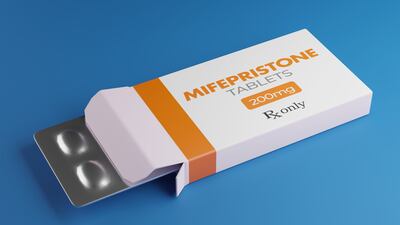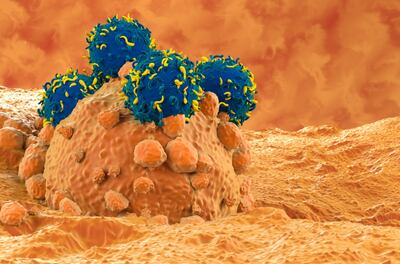
Drug Safety
The EU product information for Novo Nordisk’s semaglutide medicines is to be updated to include non-arteritic anterior ischemic optic neuropathy as a side effect with a frequency of “very rare.”
Research would include initiatives on reproducing industry-sponsored studies, postmarket surveillance, and studies of long-term neurodevelopmental and metabolic outcomes for commonly prescribed pediatric drugs.
The FDA is not currently signaling that stringent rules for the process will be relaxed, but the agency's change in approach is notable.
Pharmacovigilance is a perfect rule-based and manual work-intensive playground for experimenting with AI. While some off-patent drug firms are already exploring new automation tools, regulation is lagging behind, leaving a gap for uncertainty.
The European Medicines Agency is investigating whether Valneva’s Ixchiq is safe to use in the elderly, following reports of 17 serious adverse events, including two cases resulting in death, in people aged 62 to 89 years who received the vaccine. This follows actions by US and French authorities last month regarding Ixchiq’s use in people over 65.
Some advisory committee members said adding quantitative data on misuse, abuse, opioid use disorder and overdose to labeling would be helpful, but others worried the two epidemiological studies were not sufficiently generalizable to a broader population.
Two US FDA advisory committees will discuss results from epidemiological studies that attempted to quantify the prevalence, incidence and risk factors for misuse, abuse, overdose and death with opioid analgesics.
In discussing FDA’s adverse event monitoring, Makary also seemed to falsely imply the agency did not fully investigate the myocarditis signal with COVID-19 vaccines.
The chair of a European Medicines Agency working group on reducing animal testing said that companies can provide “thoughts and suggestions” in relation to a review of its scientific guidelines on regulatory testing requirements and new approach methodologies.
The weight management drug, Mysimba, continues to demonstrate a positive benefit-risk balance but the data available are not sufficient to fully determine the cardiovascular safety beyond 12 months. Meanwhile, Currax this month announced the publication of a peer-reviewed study of Mysimba that followed patients for over 4.7 years and found no evidence of excess cardiovascular risk.
Filing in the Whole Women’s Health mifepristone case defends the FDA’s 2023 decision on the abortion pill safety program, but experts warn it does not necessarily signal the Trump Administration position in other mifepristone cases attempting to restrict medication abortion access.
The Pink Sheet drug review profile investigates the long and rigorous process behind the FDA’s recent relaxation of the cardiovascular safety warning for testosterone products.
The Pink Sheet Drug Review Profile breaks down the FDA's long reckoning with testosterone cardiovascular safety concerns
A new EU public-private initiative is developing tools to help clarify when mini- and micropig models can be used as viable alternatives to non-human primates in non-clinical drug safety testing.
The US FDA is expected to refine warnings recently added to CAR-T cell therapies about the risk of secondary malignancies after reassuring new data, which is a positive sign for the future of the therapies in autoimmune disorders.
The Risk Evaluation and Mitigation Strategy hindered access and burdened the health care system even though it was never fully implemented or enforced. The FDA still recommends prescribers monitor patients’ absolute neutrophil count to prevent severe neutropenia.
The EU’s new Product Liability Directive will make it easier for European consumers to seek compensation relating to defective products even if manufacturers are based outside the bloc. Legal experts caution that this could have substantial implications for pharmaceutical companies.
Robert F. Kennedy Jr.'s Make America Healthy Again Commission will solicit public "expertise" in open forums, which could enable defenses of vaccines and certain drugs the panel is targeting. Seven members so far have been tapped.
The UK drug regulator says that men under the age of 55 years who are already taking valproate will not need to be reviewed by two specialists, as this measure is “unlikely to minimize risks” of neurodevelopmental disorders in children conceived by them any further.
President Trump's Executive Order creating the commission names mental health and weight-loss drugs as treatments of concern. But it does not mention vaccines, which Kennedy has criticized.



















